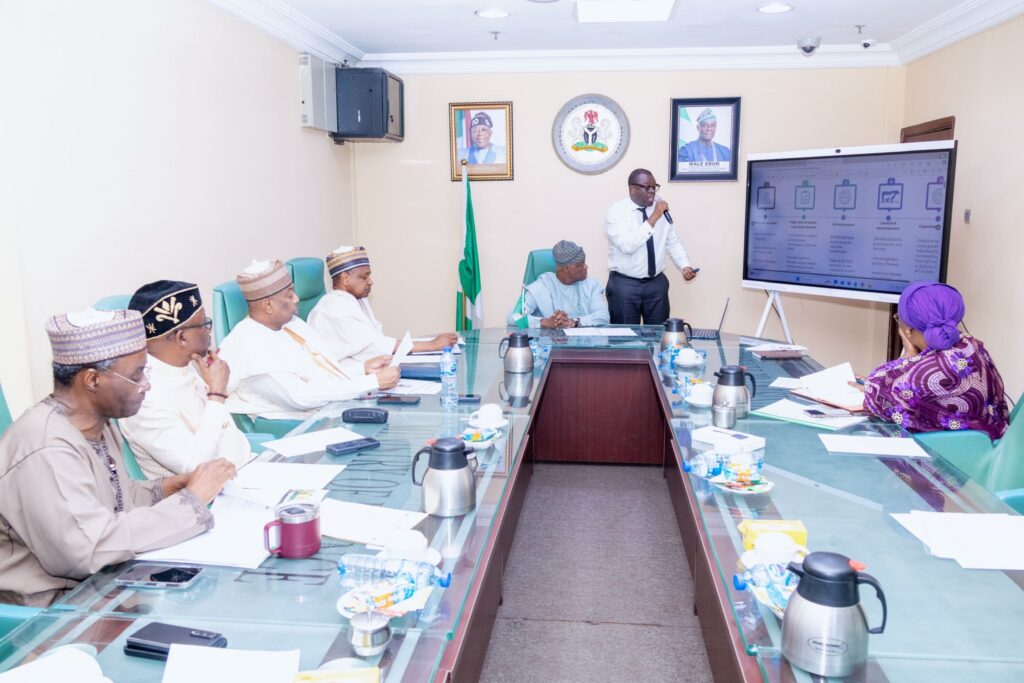
In a bid to tackle Nigeria’s pressing economic challenges, the Honourable Minister of Finance and Coordinating Minister of the Economy, Mr. Wale Edun, chaired the inaugural meeting of the Accelerated Stabilization and Advancement Plan (ASAP) Implementation Committee. This meeting marks a pivotal moment in Nigeria’s commitment to sustainable development and economic reform across critical sectors.
ASAP is a key initiative under President Bola Tinubu’s ambitious reform agenda, focusing on eight priority sectors, including agriculture, energy, and health. In his opening remarks, Mr. Edun emphasized the importance of collaboration, highlighting that the committee would work closely with technical experts from various government agencies. “We will establish clear milestones to ensure the effective execution of this plan,” he stated.
A significant announcement from Mr. Edun was the launch of a coordinated dry season farming initiative. The Ministry of Finance will collaborate with the Central Bank of Nigeria, the Federal Ministry of Agriculture and Food Security, and the African Development Bank in Nigeria to ensure the timely provision of fertilizers and other critical inputs to farmers. This initiative aims to boost agricultural productivity, a crucial component of the broader economic stabilization efforts.
The meeting was attended by key government officials, including the Honourable Minister of Agriculture and Food Security, Senator Abubakar Kyari Honourable Minister of Budget and Economic Planning, Atiku Bagudu; Coordinating Minister of Health and Social Welfare, Muhammad Pate; Honourable Minister of Power, Adebayo Adelabu; Honourable Minister of State for Petroleum Resources (Gas), Ekperikpe Ekpo and Mr. Tanimu Yakubu Kurfi, Director-General of the Budget Office of the Federation.
Moving forward, the ASAP Implementation Committee will focus on driving progress in each of the identified priority sectors, ensuring the plan’s objectives are achieved with precision and accountability. The committee’s efforts will be crucial in navigating Nigeria towards sustainable economic growth and stability.
